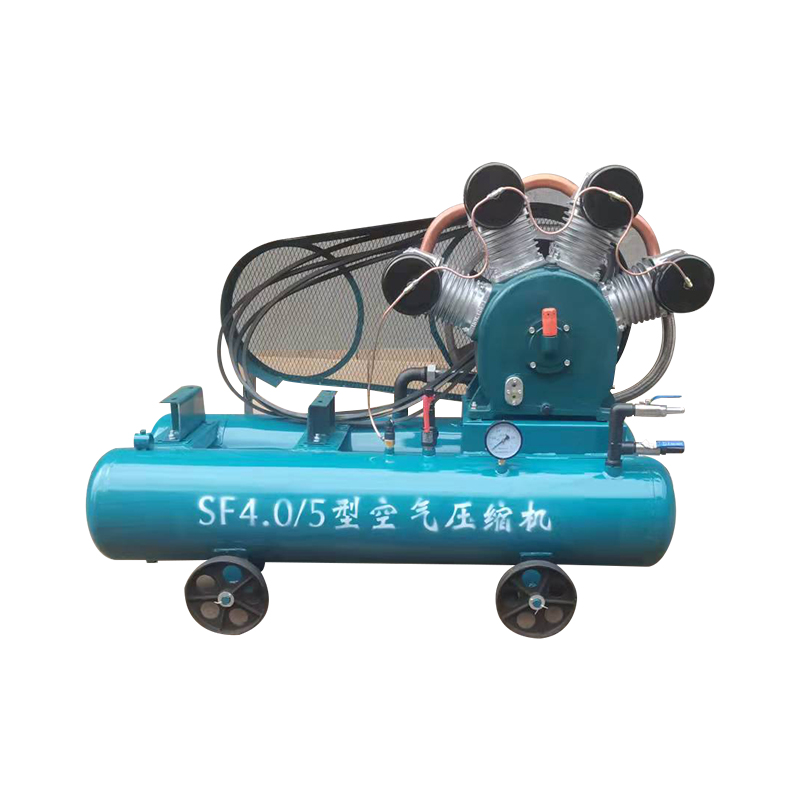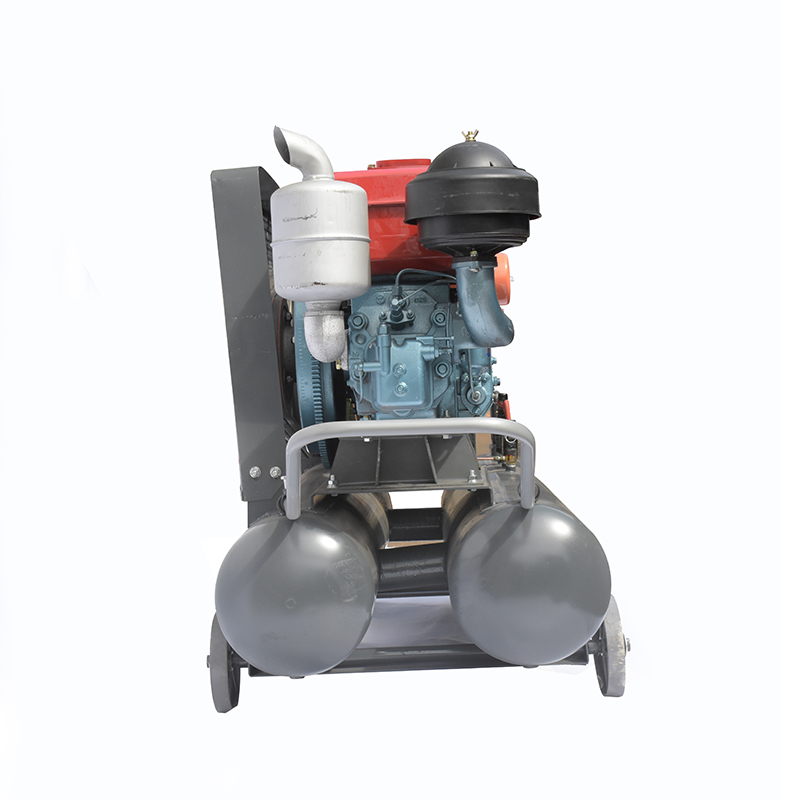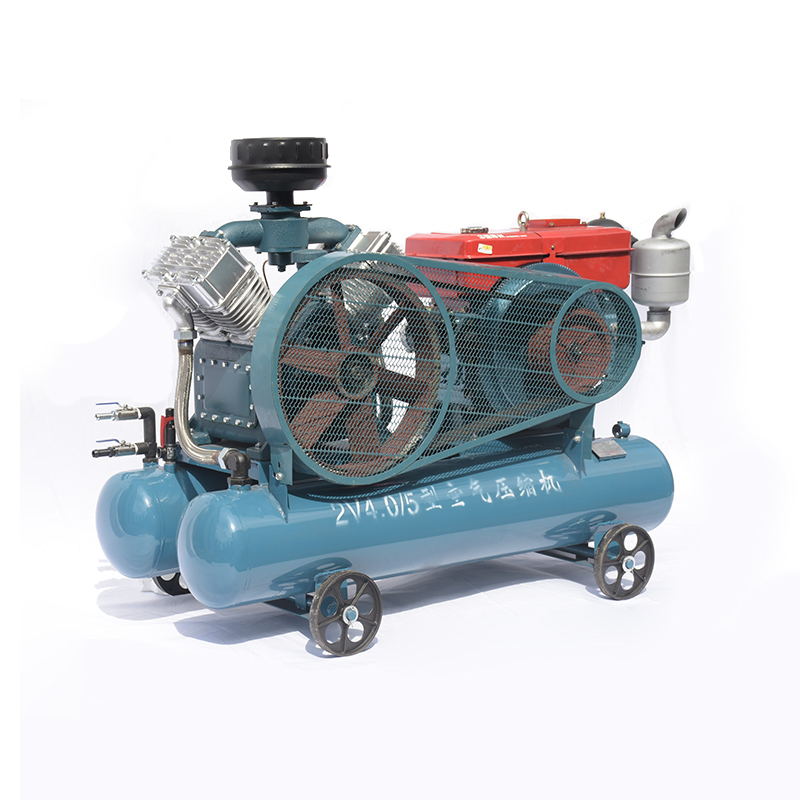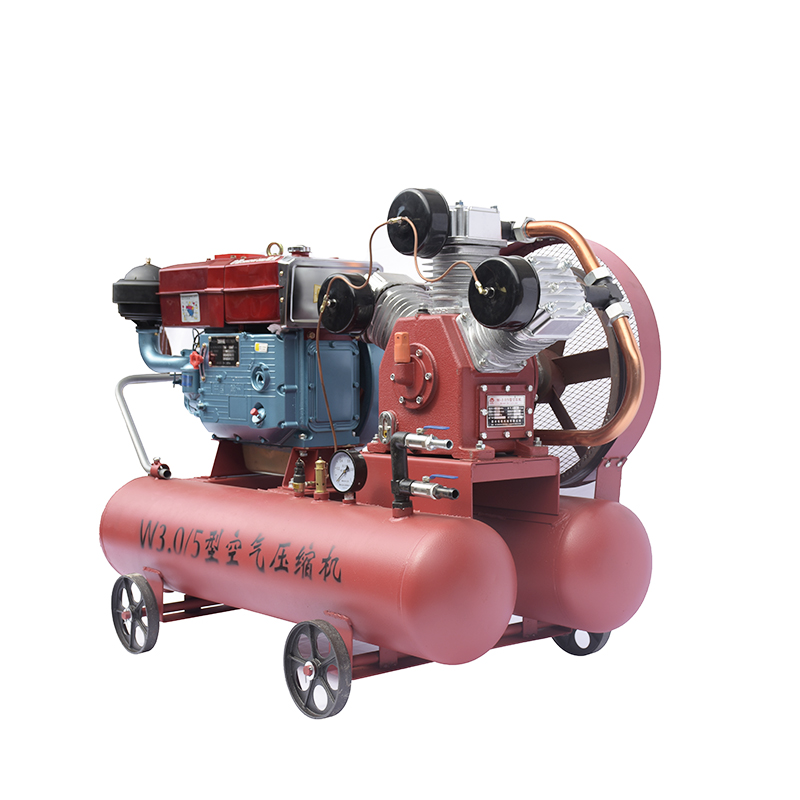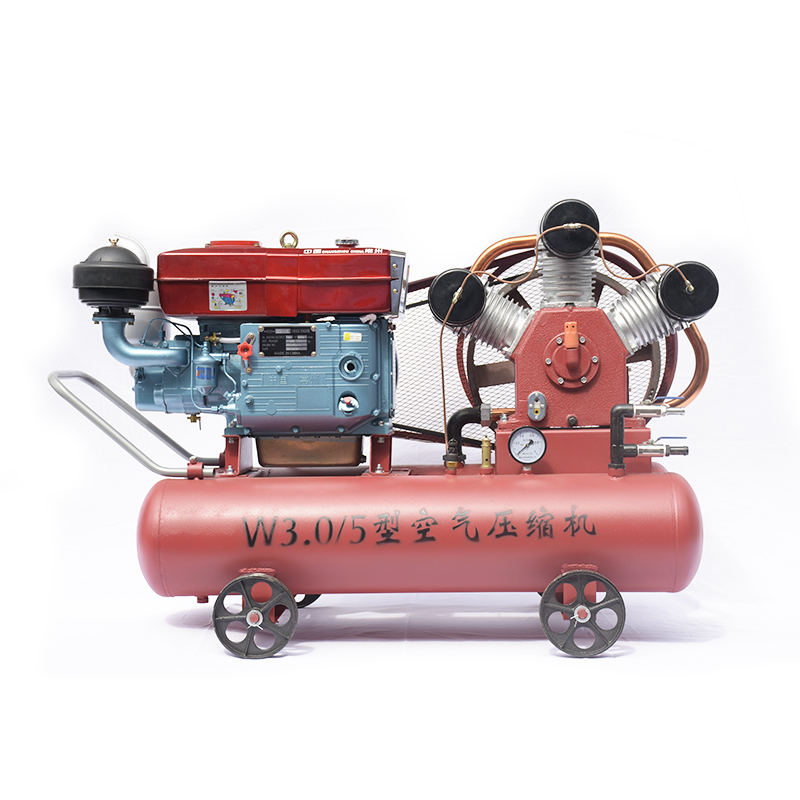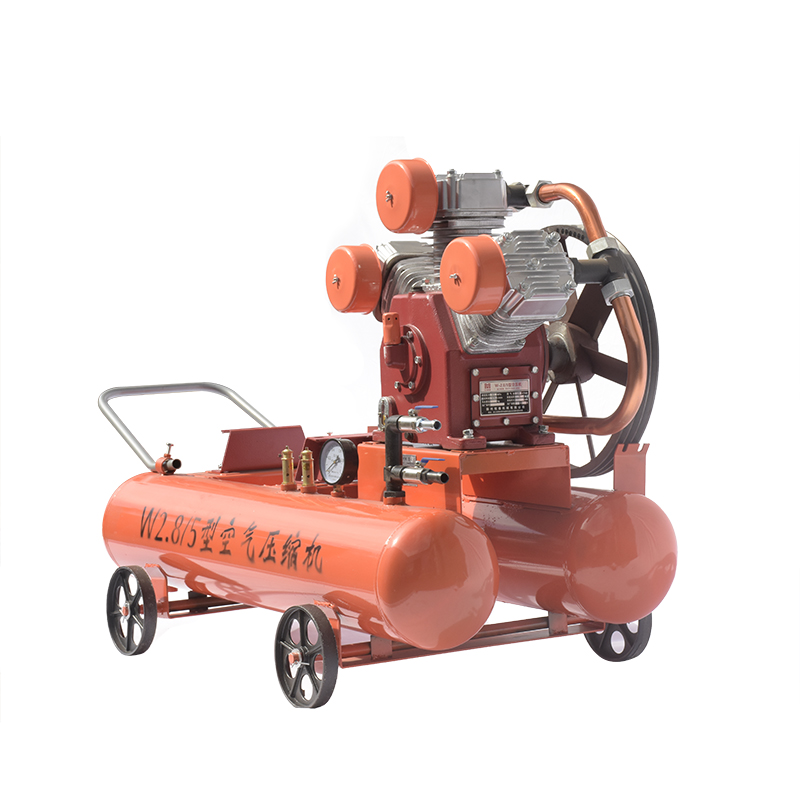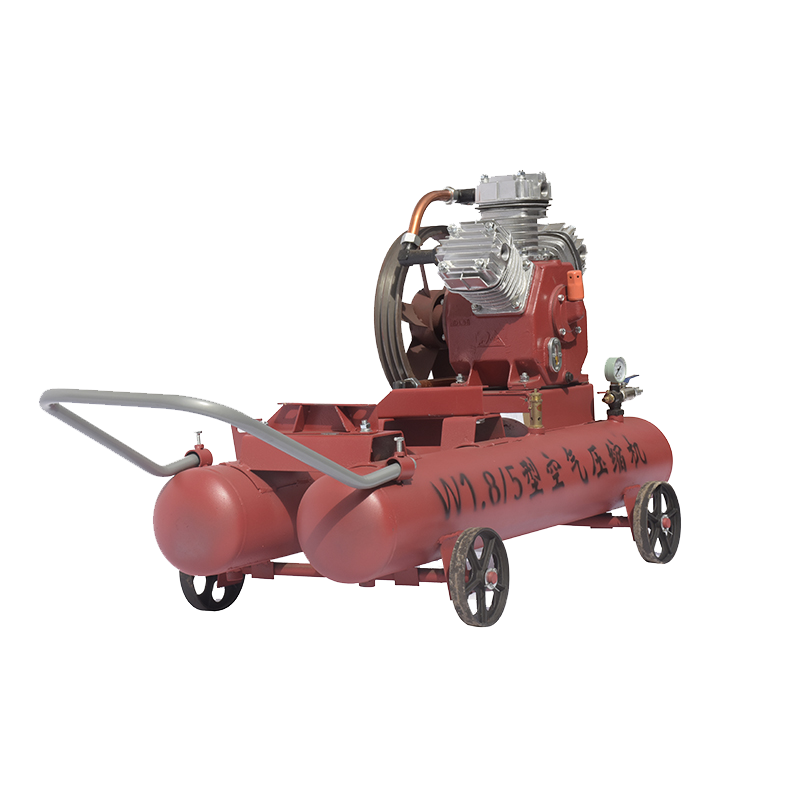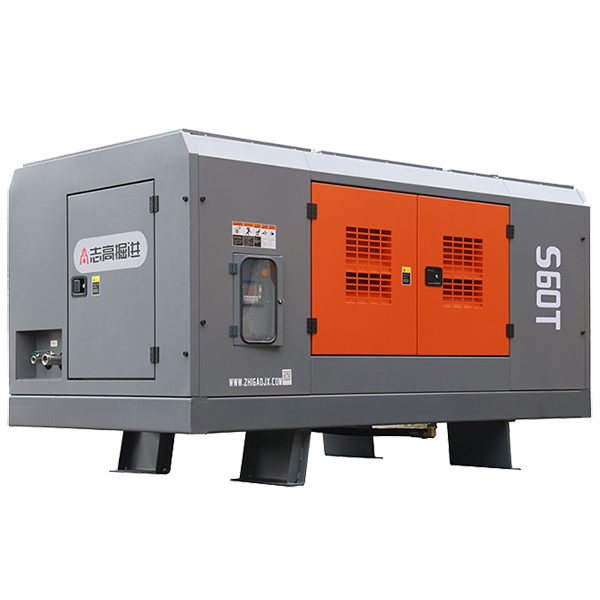A vital component for any drilling tasks is an air compressor. Not only does it provide the compressed air necessary to fuel the drill, but it also aids in getting the bit to bore into the surface accordingly. The air pressure generated by the compressor further lessens the strain on the operator as they complete their task; with this additional force, they are able to exert less energy to maneuver the bit through.
Having an air compressor is necessary for drilling into anything, as it provides an extra layer of support to ensure the drill bit can maintain entry without causing damage or excessive wear and tear. This is because the air pressure helps reduce any friction during the process, meaning less heat is created when penetrating the material and less energy is spent forcing the bit through.
Determing the right air compressor for drilling can be confusing, as different sizes, types of material, and drill bits all influence the amount of pressure needed. Smaller compressors are equipped to generate less air pressure than their larger counterparts, while factors like the type of material being drilled can also impact air pressure. Ultimately, it’s important to assess the size and capabilities of your compressor, as well as what you plan to drill into, in order to ensure an efficient and successful operation.
When selecting an air compressor for your drilling project, the type of drill bit you plan to use is an essential factor. Drill bits come in diverse shapes and sizes, each one necessitating different amounts of air pressure in order to drill efficiently into the material. It is therefore critical to guarantee that your compressor can create sufficient air pressure to operate the expected drill bit.
When selecting an air compressor for your drilling needs, the noise generated should also be of top priority. It can be quite a hassle to work around the loud sounds of a compressor while drilling in tight enclosures. To minimize noise disturbance, it is smart to invest in a compressor that produces a low sound level. This way, the presence of the compressor will not overwhelm the environment with undesired sound.
Ultimately, budgetary restrictions must not be overlooked when selecting an ideal air compressor for drilling purposes. The price of a compressor ranges depending on size and model, so it is essential to ensure that the price tag fits within the financial plan before making any commitments.
Choosing an air compressor for a drilling job involves some thought – size, type, sound output, and cost should all be toyed with. If done right, the compressor will guarantee sufficient air pressure to drive the drill and lessen the toll on the operator. In summary, making a sound purchase will result in a beneficial machine that will take the inconvenience out of drilling.
An air compressor is far more than just a device for filling up tanks full of compressed air – it can be deployed in an array of different ways, such as using it to power a drill. Their versatility and usefulness makes them a go-to tool for both amateurs and professionals alike, and it’s no wonder why the air compressor has become such an indispensable item.
Drilling projects often require a powerful air compressor and an electric motor to run it. The specially designed air compressor must generate a continual output of pressurized air that will drive the drill bit through various mediums, such as metal, wood, and other materials. To ensure successful drilling projects, a good air compressor must possess substantial power output, a sizable tank capacity, and a sturdy frame.
When deciding which air compressor to purchase for drilling needs, it’s essential to focus on the specific type. Varied compressors produce varied levels of pressure and force, thus a single-stage compressor is appropriate for carrying out relatively delicate activities such as a spray gun or an impact wrench, while a two-stage model comes into play when solid materials are at hand.
Keeping tank size in mind is essential when using an air compressor. A larger vessel will allow it to store more air, meaning you won’t need to refill as often – particularly when you assess long-term use.
When deciding on the right air compressor, it’s essential to consider the type of material that needs to be drilled. If wood is the material of choice, the rotary screw air compressor is your go-to; however, for metal the piston air compressor will serve you best.
When you’re working with air compressors, safety should always be your primary concern. To ensure this, you must check that the air compressor is outfitted with essential safety mechanisms, such as a pressure relief valve, an emergency shutoff switch, and a pressure gauge. On top of this, the compressor should be equipped with a capable filter to keep out dust and debris which could harm the compressor and drilling bit.
In order to ensure an optimally performing air compressor and a long lifespan, it is crucial to regularly service it. This should include replacing the oil and filter often and safeguarding that all fittings are correctly connected and tightly secured. Taking efficient care of your air compressor will yield positive results.
An air compressor for drilling is a crucial asset for both hobbyists and pros. When selecting an air compressor, don’t forget to look at the type of compressor, size of the tank, material to be drilled, and safety features. To keep the compressor running in top condition, proper maintenance is critical. With an appropriate air compressor, almost any task can be completed with ease.
Post time: 2023-08-07


